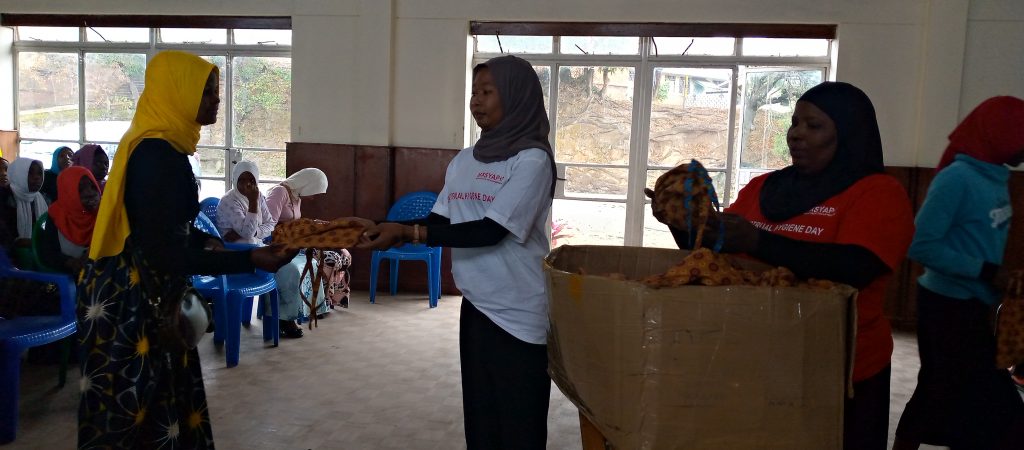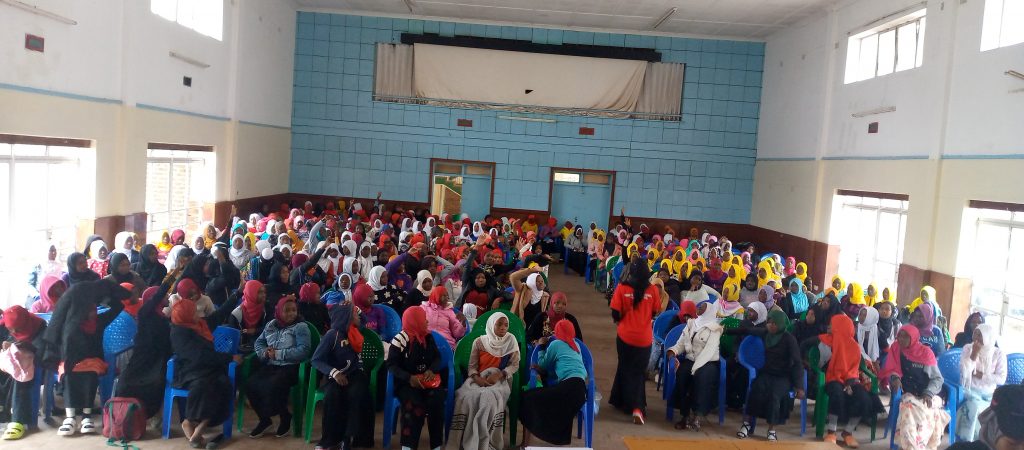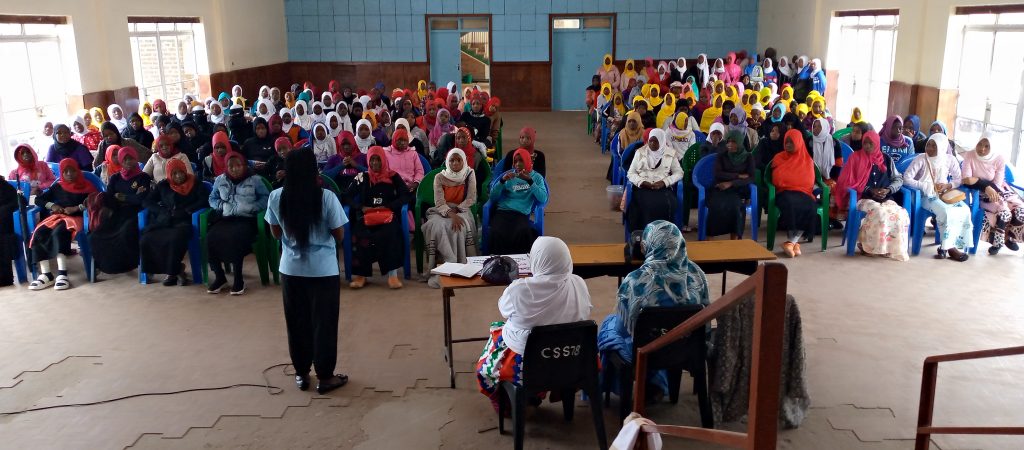Menstruation is a natural and unavoidable part of the lives of women and girls. Accommodating the menstrual needs is a key issue for the human rights to safe drinking water and sanitation. A woman’s access to toilets is not assured if she is forced to avoid going to the toilet particularly during her period.
MASYAP Menstrual Hygiene Commemoration Day took place on 28 August this year under the theme; Making Menstruation a Normal fact of Life by 2030. This is a chance to highlight the importance of menstrual care, and raise awareness about the issues faced by those who don’t have access to sanitary products and access to sanitary products, safe, hygienic spaces in which to use them, and the right to manage menstruation without shame or stigma, is essential for anyone who menstruates.
Menstruation poverty means lack of funds to buy basic personal hygiene items: sanitary pads, soap, underwear, no access to toilets and running water, and no basic knowledge about menstruation. In Malawi many young girls experience menstruation poverty, therefore they don’t go to school during menstruation, which causes dropping out of school and, consequently, the end of their education.
To reduce the school dropout rate in Malawi that occurred as a result of the menstruation poverty and stigma that comes with it, MASYAP, through the threads of care project under world care foundation distributed 54 reusable sanitary pads to youths and young mothers that attended the function.



